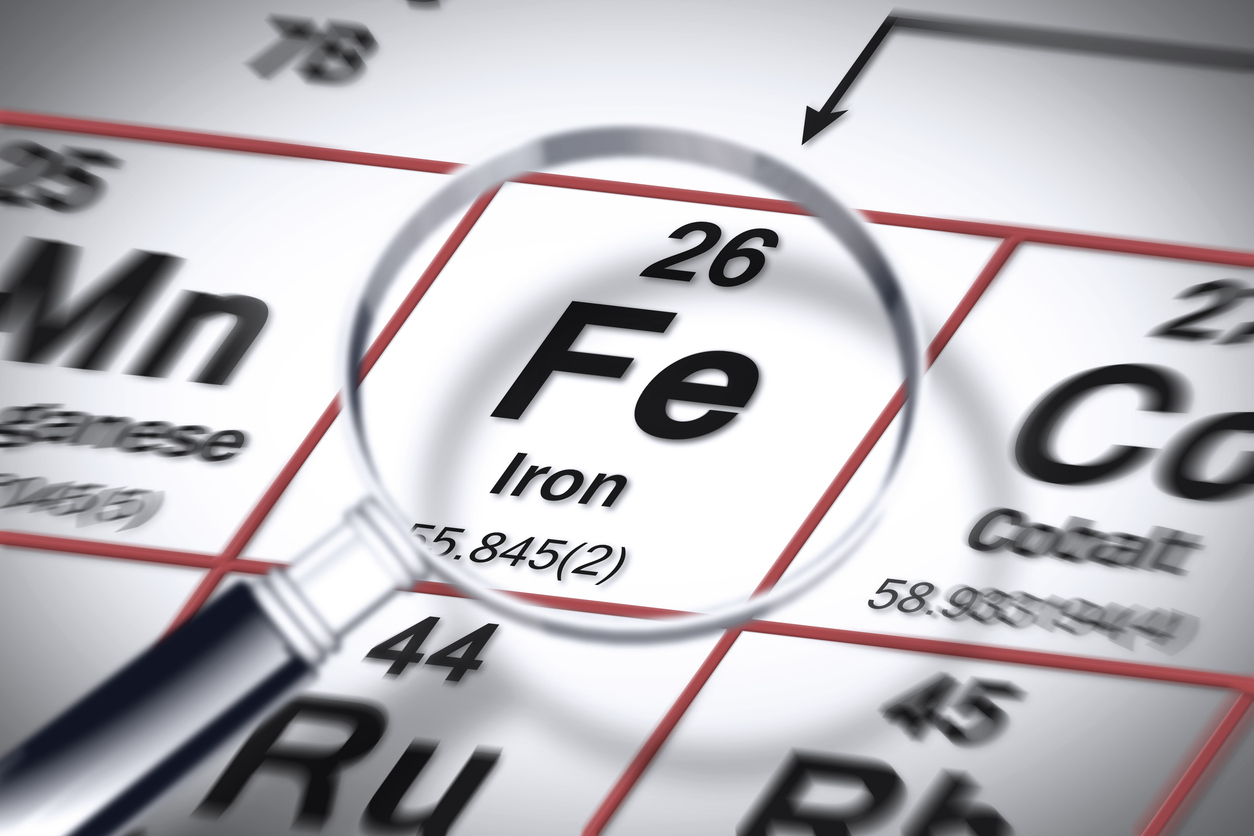2024-10-15
Iron homeostasis and ferroptosis in human diseases: mechanisms and therapeutic perspectives
Pharmacology and Toxicology
Source(s) :
Qin Ru, Yusheng Li, Lin Chen, Yuxiang Wu, Junxia Min, Fudi Wang ;

Last press reviews
Should nerve blocks become the norm in children?

By Ana Espino | Published on February 9, 2026 | 3 min read<br>...
Could statins soothe inflammation?

By Ana Espino | Published on February 6, 2026 | 3 min read<br>
